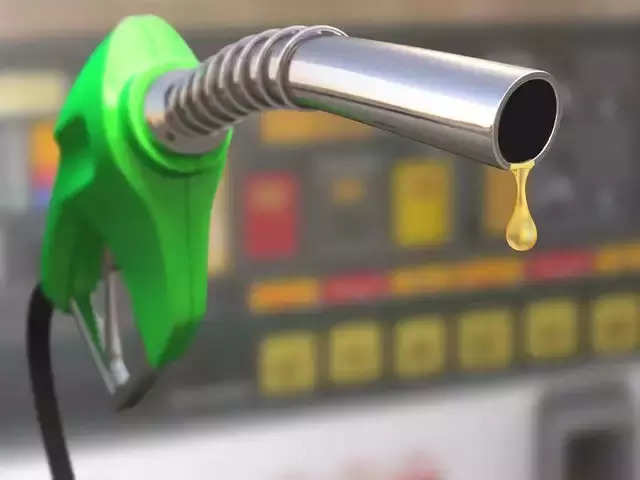“Pakistan wanted Russia to set a benchmark of USD 60 dollars per barrel ‘free on board’ (FOB) – the actual price charged at the port – to import crude oil on a long-term basis. This means that Russia will also be bearing the freight cost for oil to be exported to Pakistan,” the report said.
In June this year, Pakistan Prime Minister Shehbaz Sharif announced that the first shipment of discounted Russian crude oil had arrived in the port city of Karachi, a development that brought relief to the people hit by skyrocketing inflation.
Russia had shipped one cargo with 100,000 metric tonnes of crude oil that arrived in Pakistan in one month.
The freight cost for that oil was also paid by Russia. That ship was on a trial basis and the Pakistan Refinery Limited (PRL) processed that crude oil that was cheaper by USD 7 per barrel.
Concerned with the oil deal with Russia, a delegation from Islamabad is set to fly to Moscow on October 10 with the pact also on its agenda, the report said. During recent talks with the Russian side, Pakistan had demanded higher discounts, but the former was not ready to give more than USD 8 per barrel. Now, the Pakistani side has chalked out a new formula that Russia should export crude oil at USD 60 per barrel price cap.
The US has already indicated that it would allow Pakistan to import crude oil from Russia but with a cap that was announced by G7 countries, the report said.
The EU, G7 countries and Australia had announced a price cap at USD 60 a barrel on Russian oil last December.
The US and its allied countries felt that Russia was pumping its oil revenue into the war against Ukraine.
However, they had announced a cap for Russian oil so that its supply to the world would not be disrupted. The price cap is aimed at curbing Russia’s finances to wage war against Ukraine.
Pakistan and Russia had agreed to set up a Special Purpose Vehicle (SPV) with an objective to import crude oil from the latter.
However, that SPV is yet to be set up, resulting in a delay in the long-term deal with Russia. Russia had also raised serious concerns over the seriousness of Pakistan entering a long-term crude oil deal, according to the paper.
Pakistan’s economic woes have failed to subside in recent times.
Pakistan’s economy has been in a free fall mode for the last many years, bringing untold pressure on the poor masses in the form of unchecked inflation, making it almost impossible for a vast number of people to make ends meet.
The country’s official foreign exchange reserves stand at USD 3.9 billion, and any delay in refinancing the loans could pull the reserves much below the USD 3 billion mark.












